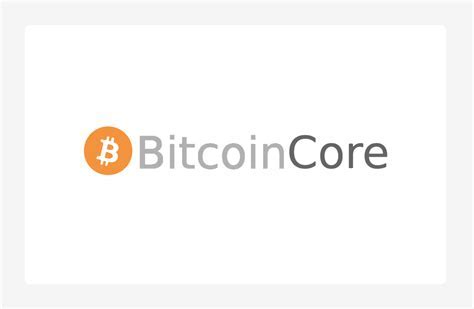Ethereum: Can You Earn Bitcoin (BTC) by Processing Transactions?
In today’s digital age, cryptocurrency has gained significant attention in various sectors. Ethereum, one of the most popular platforms for decentralized applications (dApps), smart contracts, and non-fungible tokens (NFTs), is no exception. The question on everyone’s mind is: can you earn Bitcoin by processing transactions? In this article, we will delve into the world of Ethereum and explore the possibilities.
What is Processing Transaction and How Does it Work?
Processing transactions in the cryptocurrency ecosystem involves verifying and confirming that a certain amount of cryptocurrency has been moved from one wallet to another. This process is crucial for maintaining the integrity and security of the network. In other words, processing transactions helps prevent double-spending, censorship, and other malicious activities.
Ethereum’s Smart Contract Ecosystem
Ethereum’s smart contract platform allows developers to create custom logic for their applications using Solidity, a programming language that runs on the Ethereum Virtual Machine (EVM). These contracts can be programmed to execute various functions, such as:
- Smart Contracts: Automatic execution of code when a specific event occurs.
- Delegated Smart Contracts: Smart contracts are delegated to other users for execution, allowing for more scalable and efficient use cases.
Is Processing Transactions a Legitimate Way to Earn Bitcoin?
Processing transactions on Ethereum can be a legitimate way to earn some Bitcoin, but it’s essential to understand the context:
- Mining: To earn Bitcoin through mining, you need to validate new blocks by solving complex mathematical problems using powerful computing resources (GPUs or ASICs). While this process is energy-intensive and requires significant computational power, it can be a viable way to earn some cryptocurrency.
- Transaction Processing: However, processing transactions on Ethereum is not directly related to earning Bitcoin. To do so, you would need to create custom smart contracts that execute specific functions when a certain condition occurs.
Where Does the Money Go?
The majority of the money earned through transaction processing does not go into the wallet application’s balance; instead, it goes towards transaction fees and computational power usage. Transaction fees are a small percentage of each transaction (around 1-10%), while computational power is required to validate new blocks.
Can Anyone Setup Their Wallet Application to Process Transactions?
Yes, you can setup your wallet application on Ethereum to process transactions. However, this requires some technical knowledge and expertise:
- Ethereum Wallet

: You need an official Ethereum wallet, such as MetaMask, Tron Wallet, or Electrum.
- Smart Contract Development: You must create custom smart contracts that meet the requirements of your wallet application’s functionality.
Conclusion
In conclusion, processing transactions on Ethereum is a legitimate way to earn some Bitcoin, but it requires significant technical expertise and resources. While it may not be a straightforward process for beginners, it can be an interesting side project or a potential career path for experienced developers.
Before diving into the world of smart contracts and transaction processing, make sure you have a good understanding of Ethereum’s ecosystem, tokenomics, and development tools. Additionally, consider the energy consumption, computational power requirements, and potential risks associated with transaction processing.
Disclaimer
This article is not intended to promote or encourage any specific activity or investment in cryptocurrency. Always conduct thorough research and consult with financial advisors before making any decisions related to digital assets.
